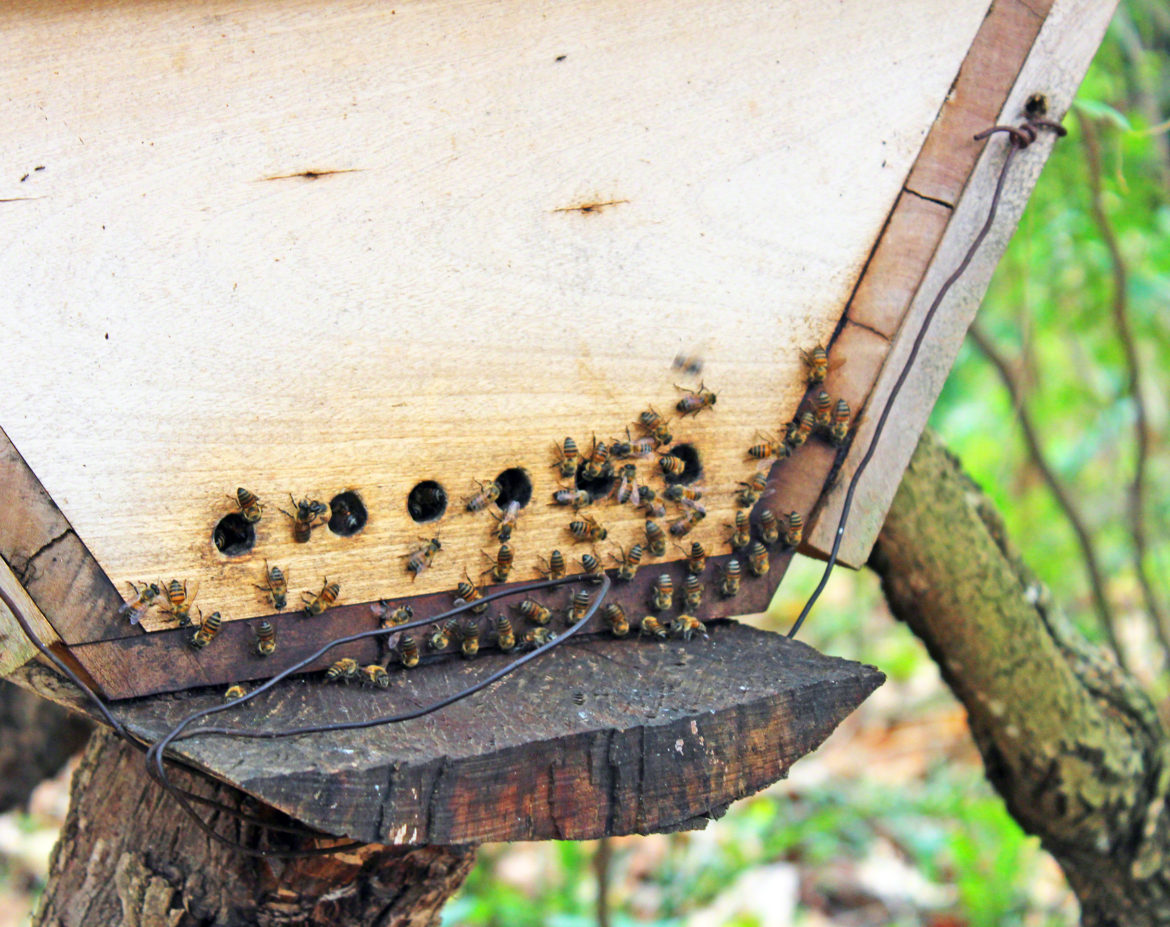The sweet ambrosia of honey captures the senses, drawing us into a world buzzing with life. It is a cherished natural delicacy that has been celebrated for centuries, lauded for its unique flavor and purported health benefits. Yet, beneath the golden sheen of honey, an ethical question looms: is honey production a form of animal cruelty? In the ongoing debate surrounding beekeeping and honey extraction, the stakes are not merely culinary; they encompass a profound consideration of the treatment of bees, our industrious little allies in the ecosystem.
The very essence of bees—workers of the natural world—epitomizes harmony and industriousness. Each hive is a kingdom, governed by an intricate social structure. At its helm lies the queen, a symbol of fertility and continuity, while worker bees engage in a dance of labor, pollinating flowers and collecting nectar. This interdependent relationship between flora and fauna fosters a rich biodiversity that sustains ecological balance. Yet, the advent of commercial beekeeping has begotten practices that some argue infringe upon the rights of these creatures. Where does one draw the line between responsible husbandry and exploitation?
Critics of honey production point to the methods employed by some beekeepers, suggesting a disquieting reality. Honey is often harvested through mere manipulation of the hive, where bees are deprived of their sustenance. During the winter months, beekeepers may remove honey stores, replacing it with sugar syrup—a practice seen by some as tantamount to theft. This perspective insists that bees, much like livestock, are treated as mere commodities rather than sentient beings deserving of respect.
However, proponents of honey production argue that responsible beekeeping can be symbiotic. Bees can thrive in managed environments, and sustainable practices can promote biodiversity and pollination. For instance, many beekeepers are passionate about bee conservation, actively participating in initiatives that protect bee populations from the looming threats of pesticides and habitat loss. These custodians assert that their practices enable the maintenance of healthy bee colonies and allows for the preservation of species that are crucial to our food systems.
This dichotomy raises critical questions about ethics and environmental stewardship. Are we obligated to intervene in the lives of bees, perhaps for our gain? Or should we observe a doctrine of non-interference, allowing nature to take its course? It is a reflective conundrum—akin to standing at the edge of a river, pondering whether to jump in to assist a struggling swimmer or to respect the current’s natural flow.
The relationship between humans and bees is complex and multifaceted. It is essential to recognize that bees themselves have been shaped by millennia of co-evolution with flowering plants and, inadvertently, with humans. The domestication of bees began about 4,500 years ago, leading to varieties adapted for honey production, which implies a level of communal symbiosis. Beekeeping practices have morphed into an art form; skilled beekeepers learn to read the subtle signs of their hives, discerning when intervention is necessary and when to stand back. This nuance suggests that not all honey production equates to cruelty.
Yet, even in the context of conscientious practices, it is crucial to scrutinize the physical indignities that bees may face. Queen bees are often clipped, their wings trimmed to prevent escape. The manipulation of hives in periods of high stress can lead to increased mortality, a fact that can weigh heavily on the hearts of those who advocate for animal rights. The argument then emerges: when does the pursuit of honeycross the threshold from resource management to exploitation?
It is illuminating to consider alternative perspectives within the bee community. Some beekeepers have transitioned to practices that forgo honey harvesting altogether, focusing more on bee health and sustainability. By creating habitats free from the pressures of extraction, these guardians embody an ethic of respect towards the welfare of bees, allowing the wonders of nature to flourish without relentless human intervention.
The honey debate memorializes a deeper issue in animal rights advocacy—the recognition of the intrinsic value of all sentient beings and their rightful existence. While honey itself may offer a conundrum, it serves as a gateway to broader discourse on the ethics of animal agriculture. Each discussion carries the weight of awareness, and what one must consider is whether the delicious nectar of honey is worth the potential detriment to the health and psychological well-being of bees.
Moreover, the rising popularity of plant-based alternatives to honey offers a promising avenue for those hesitant about conventional honey consumption. From agave syrup to date nectar, these alternatives encapsulate the essence of sweetness without the ethical quandaries of bee exploitation. The exploration of these substitutes shines a light on the evolving landscape of consumer consciousness, where ethical considerations begin to eclipse appetite.
Conclusively, the question of whether honey production constitutes animal cruelty does not elicit a straightforward answer; rather, it invites contemplation, discernment, and a call for ethical mindfulness. As humanity stands at the precipice of environmental challenges and an insatiable appetite for resources, it becomes imperative that we examine our relationship with the natural world. Balancing the sweetness of honey production with the ethical treatment of bees may very well dictate the sustainability of both practices in the years to come. In the end, may our choices reflect a deep respect for all creatures that inhabit this intricate web of life.








